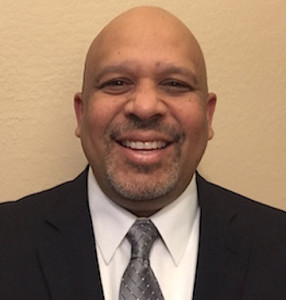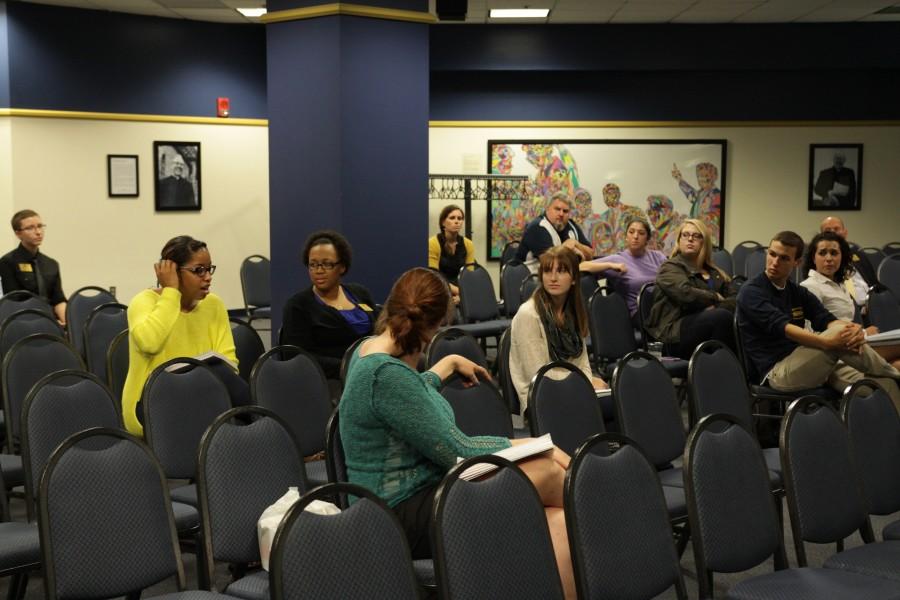 Sexual misconduct and universities’ handling of cases of sexual assault have been an ongoing topic of discussion in the news and on every college campus. The California Senate is looking to pass a bill that changes the perspective of sex and consent on college campuses. Senate Bill 967, or “Yes means yes” policy, explains how partners engaging in sexual activity should receive a definitive yes from their partner at every level of intimacy. While this may seem insignificant, it takes the guessing out of a situation. No still means no, but when nothing is said or is clearly indicated, assumptions can be made that put a person in an uncomfortable and terrifying situation.
Sexual misconduct and universities’ handling of cases of sexual assault have been an ongoing topic of discussion in the news and on every college campus. The California Senate is looking to pass a bill that changes the perspective of sex and consent on college campuses. Senate Bill 967, or “Yes means yes” policy, explains how partners engaging in sexual activity should receive a definitive yes from their partner at every level of intimacy. While this may seem insignificant, it takes the guessing out of a situation. No still means no, but when nothing is said or is clearly indicated, assumptions can be made that put a person in an uncomfortable and terrifying situation.
If the bill passes, the policy will be implemented at all California universities, and 10 University of California campuses are already on board. While this bill will not stop sexual assault, it is a different take on the issue. As the conversation on sexual assault on college campuses continues, more positive changes such as the “Yes means yes” policy need to be made in all university settings to show support and protection for individuals attending the university.
Marquette’s policy regarding sexual assault is similar to many other universities, with all employees held responsible for reporting any known situation of sexual misconduct. This policy is made to be a positive policy, however in action it may not be for many survivors of sexual assault.
The policy makes all employees of the university mandatory reporters in cases of sexual assault or other situations such as stalking, relationship violence or other discriminatory conduct. The employee must report any situation to the Department of Public Safety, which may go against the survivor’s wishes. The survivor may only want to disclose the situation and may not be ready to go through procedures of reporting.
A Marquette student-run survey, conducted by a Social Welfare and Justice class for the Gender and Sexuality Resource Center, showed that many individuals would be uncomfortable discussing their assault if confidentiality was not promised. The survey also mentioned discomfort reporting to DPS because the majority of officers are male. This negatively affects the survivor, and puts the survivor in a position where they may not tell anyone for fear of them reporting the sexual assault.
For many survivors of sexual assault, reporting is not the direction in which they would like to go. They may feel that more control is being taken from them if they are unable to share their experience without it being reported.
Marquette should change their policy to support survivors and move forward in accordance to the wishes of the survivor. If a survivor wishes to report or not report, that decision should be left up to him or her and should not depend on to whom they choose to disclose information. It is unfortunate that confidential resources are not part of the Marquette policy. The policy needs to change to include this protection for survivors. Sexual assault is never the fault of the survivors, and they should have control over how they would like to handle the situation. With California taking steps to reduce sexual assault by the “Yes means yes” bill, hopefully more universities move in this direction to ensure the safety and comfort of individuals.









